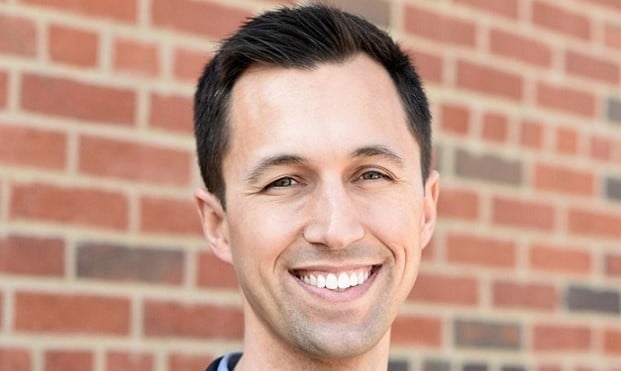
CHICAGO—The age of Amazon has caused a lot of unease over the future of retail. Shopping centers have watched many longtime tenants vanish as their business was undermined by competition from online commerce. Clothing stores, once the mainstay of American malls, have been especially hard hit, and retail rental rates are sinking.
In response, many landlords have sought out tenants that provide experiences and can bring a lot of life and foot traffic. Amazon can't hurt restaurants, upscale coffee shops, and service providers like hair salons, not yet anyway, so these tenants are filling up many empty spaces.
As reported last year on GlobeSt.com, however, the market has seen an oversaturation of certain types of tenants, especially high-end hamburger chains and other fast-casual dining concepts. The subsequent pullbacks have landlords once again looking for service providers that can use space creatively.
And Chris DeJong, founder and president of Big Blue Swim School, says his company is ready to ramp up a nationwide expansion. GlobeSt.com say down with DeJong to find out how his group can help retail landlords.
GlobeSt: Why have you now decided to expand nationally?
DeJong: We have been developing our model to be the premier swim school with the premier teachers, curriculum and facilities for the past seven years in Chicago, and we believe that Big Blue is positioned well to execute its expansion successfully. We want to help more kids learn how to swim and to love the water.
GlobeSt: What is the ideal type of center for you to open a facility, i.e. demographics, geography, type of center, etc.?
DeJong: Our ideal center is located in the path of least resistance to our customers daily routines allowing for multiple visits per week. We love to locate ourselves near daily needs tenants along with regional and national profile tenants.
GlobeSt: What are you goals for expansion in the first two years in terms of number of locations, states, etc?
DeJong: This first wave of expansion will be focused on the Chicago, Atlanta, Washington DC and Denver areas. Our goal is to have 21 locations in these areas by 2021. We are evaluating a larger corporate roll out plan and we are also actively pursuing a 300-500 store franchise roll out.
GlobeSt: How do you think the state of the retail real estate market will impact your ability to find locations?
DeJong: Our typical school size is 10,000 to 12,000 square feet. We believe the Big Blue brand will add a first class look and feel to any shopping center regardless of the market. Our customer base is highly desirable, and Big Blue can be a great co-tenant. With that said as the market slows, we hope to be able to capitalize on a softening where landlords are looking to find active, healthy, and awesome brands to fill their shopping centers.
GlobeSt: What makes Big Blue good for the landlord and consumers of retail centers?
DeJong: Big Blue Swim School is a good fit for centers because it is easy to work with, brings consumers with disposable income multiple times per week to the center and is a first-class operation. Additionally, Big Blue believes that in a world where companies like Amazon seem to be trying to bring many kinds of businesses to your doorstep, replicating safe high-quality lessons in a heated and welcoming environment is one that will be “Amazon resistant.”
Want to continue reading?
Become a Free ALM Digital Reader.
Once you are an ALM Digital Member, you’ll receive:
- Breaking commercial real estate news and analysis, on-site and via our newsletters and custom alerts
- Educational webcasts, white papers, and ebooks from industry thought leaders
- Critical coverage of the property casualty insurance and financial advisory markets on our other ALM sites, PropertyCasualty360 and ThinkAdvisor
Already have an account? Sign In Now
*May exclude premium content© 2025 ALM Global, LLC, All Rights Reserved. Request academic re-use from www.copyright.com. All other uses, submit a request to [email protected]. For more information visit Asset & Logo Licensing.








